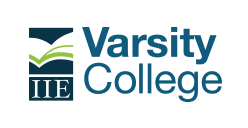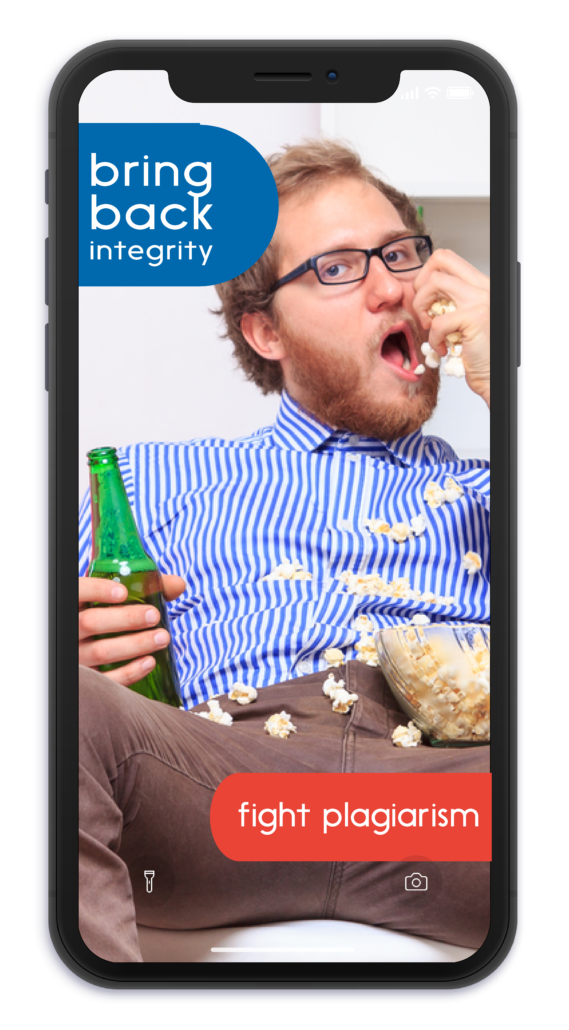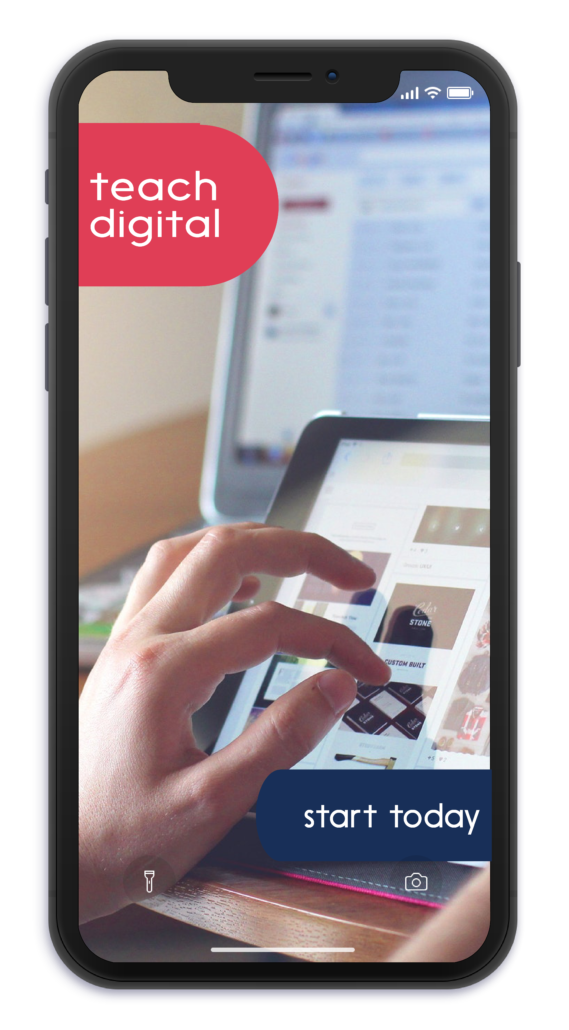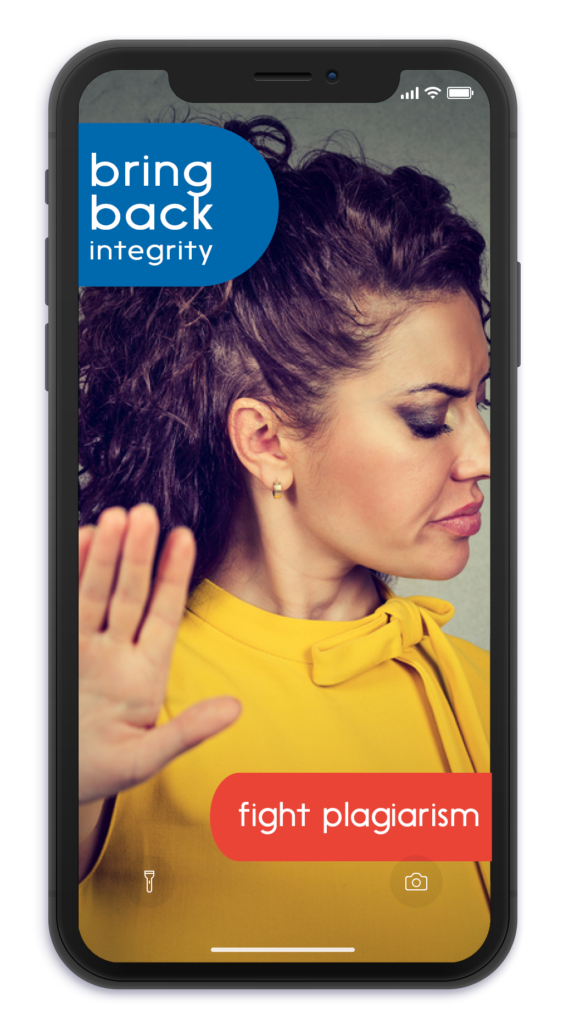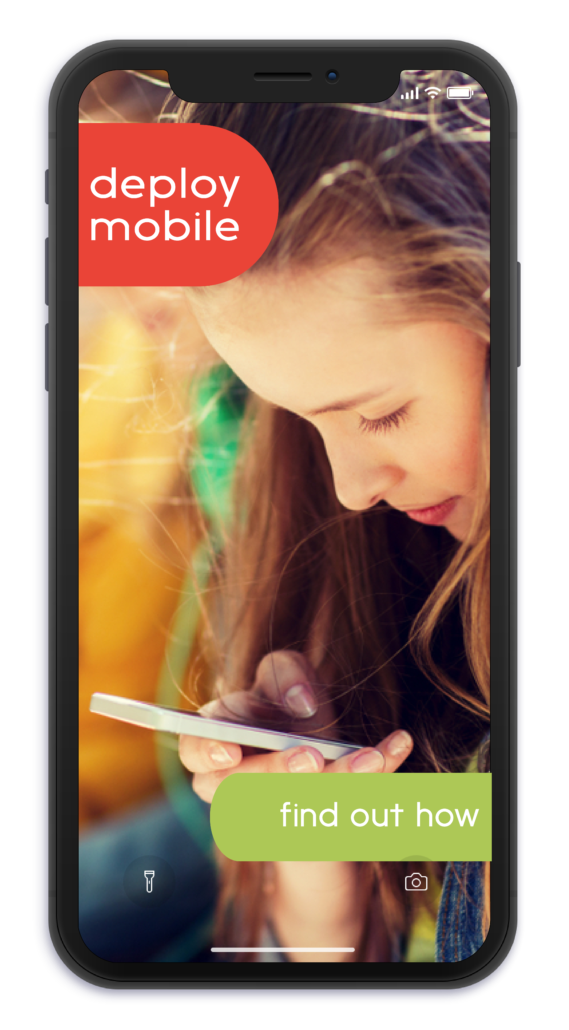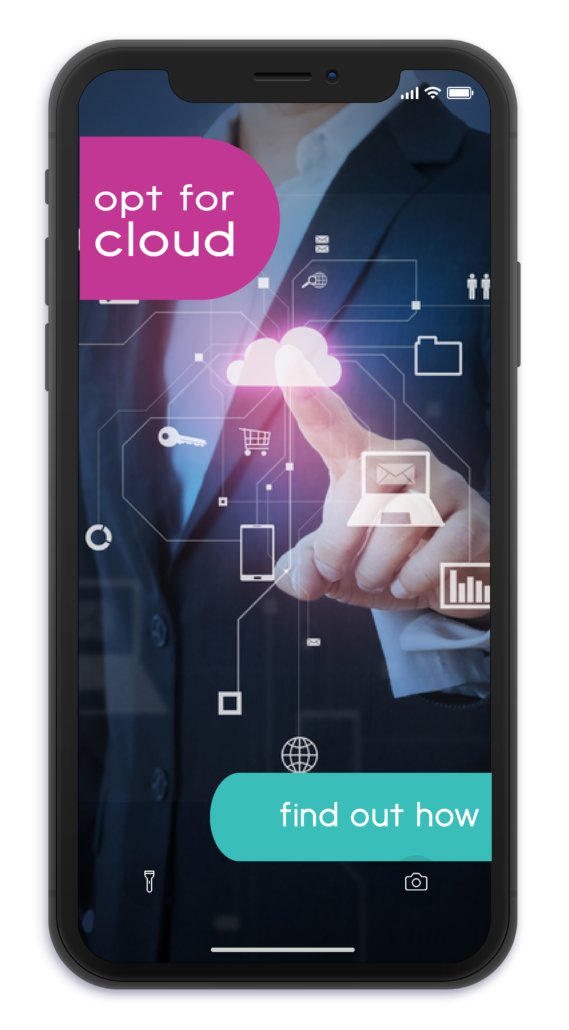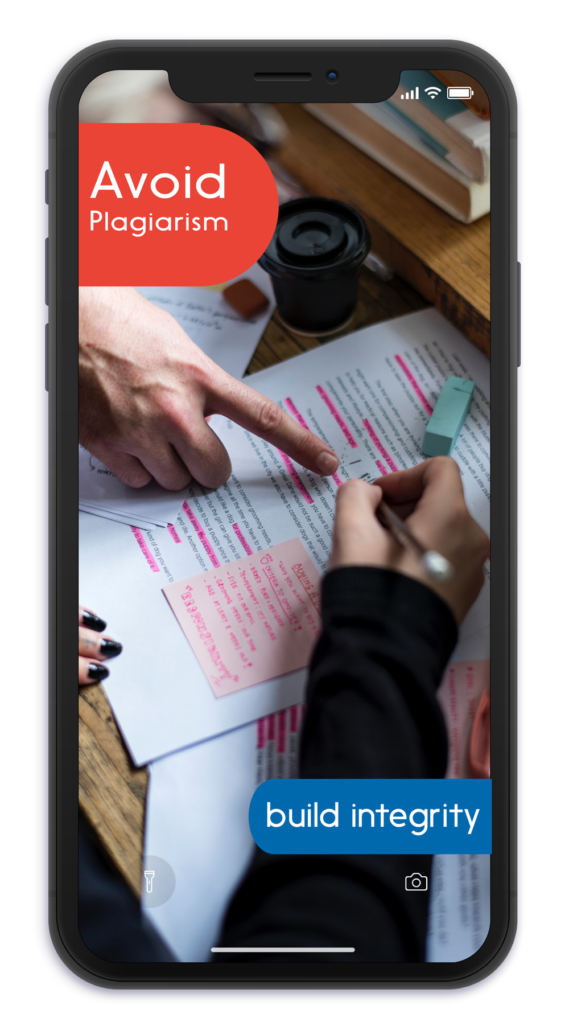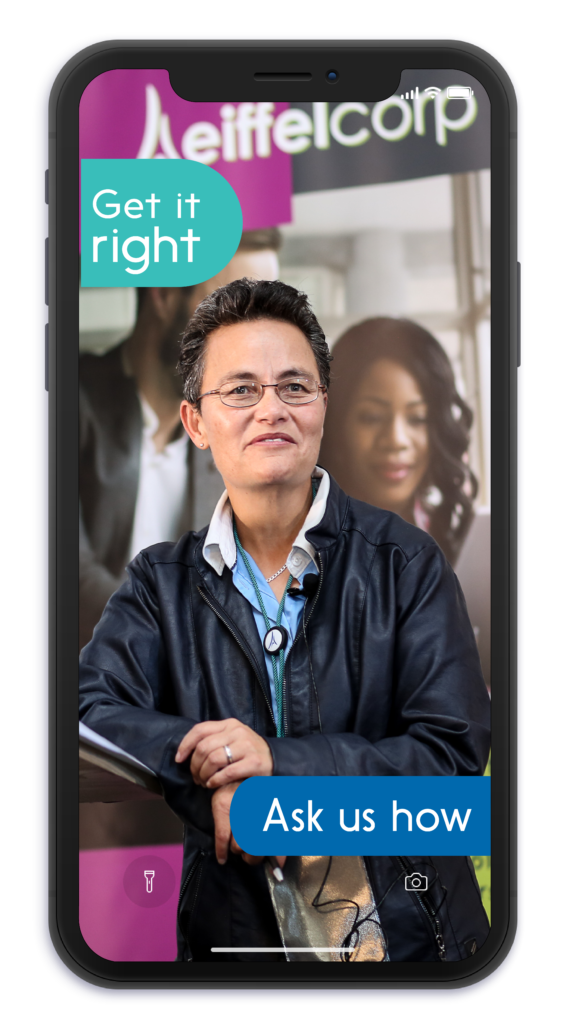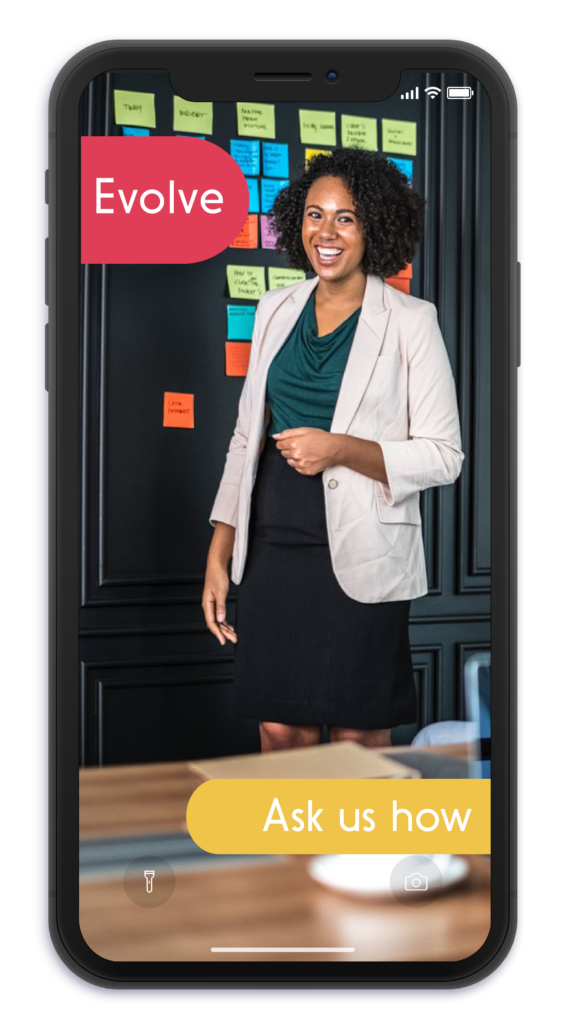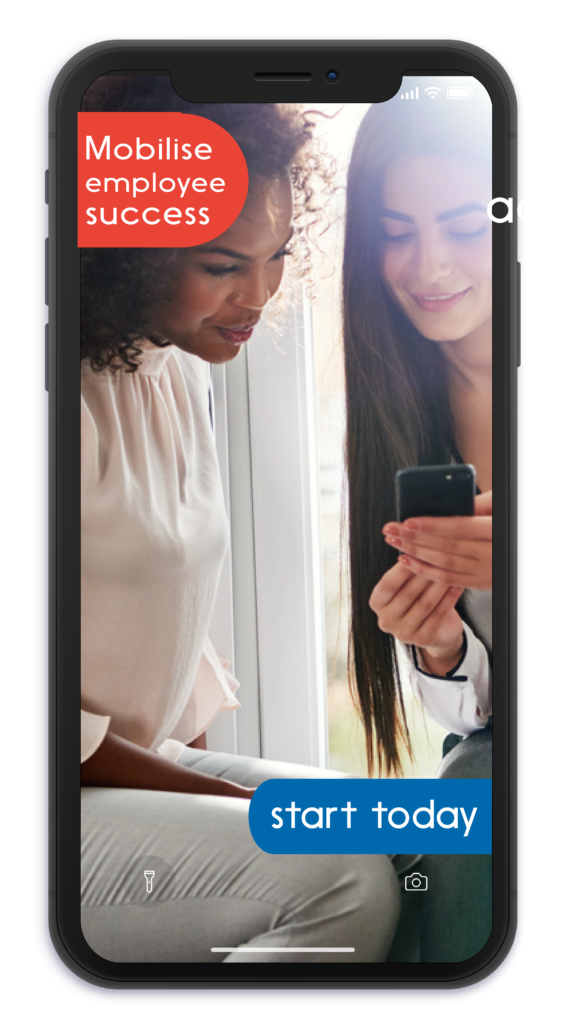2020 is here! While time seems to have moved fast, it is noteworthy how technology is moving even faster. Robots are teaching themselves to manipulate an object through trial an error; AI assistants are becoming smoother and more versed in speech (search Google Duplex for more) and ECG-enabled smart watches could predict your likelihood of a heart attack or stroke.
In the face of this 4th industrial revolution, institutions need to stay relevant. With the New Year around the corner, we have to ask ourselves what will the future hold for South African graduates?
While we don’t know exactly what future jobs will look like, we do know new jobs will replace traditional ones, and these will require an entirely different skill set.
According to our Digital Teaching and Learning Director, Myles Thies, “Future learning is micro- and blended-learning and curriculums will be online. The workplace will be transformed and digital will be utilised to reskill staff.”
Artificial Intelligence can learn fast, memorise patterns and strategies and execute tasks repetitively with precision. It would be almost impossible for a human to compete with this within the workplace. In fact, robot automation is estimated to take over 800 million jobs by 2030. Furthermore, it is predicted that the half-life of a job skill would be five years. This means that every five years, that skill is half as valuable as it was before.
Therefore, skilled workers need to stay ahead and relevant, otherwise their value as employees will keep on declining.
But how can institutions instruct students in manners that will aid them in staying ahead?
According to Myles, there is no easy quick-fix solutions, but there are some key factors that would play a role.
INVEST IN TECHNOLOGY AND UPSKILL INSTRUCTORS
While it is important to consciously invest in technology, it is only a small part of the solution. It is even more important for educators to acquire the skills and capacity to impart skills in the technology-dominated environment.
ADAPT
Institutions need to be able to adapt. Learners often seek out new modes of learning based on their current use of technology, but educators are not always able to meet them at that level with digital teaching and learning techniques.
BE RESPONSIVE
The ability and speed of adaptation must be robust enough to cope with the increasing pace of innovation. Teacher & lecturer skills are not keeping pace with innovation and capabilities.
OFFER QUALITY
Learners are more discerning, and the tertiary education is becoming more competitive. The quality on every level of the institution should be agile and flexible. There should be benchmarked standards for quality when it comes to digital teaching and learning execution in courses.
